Interview Sheet Samples
-
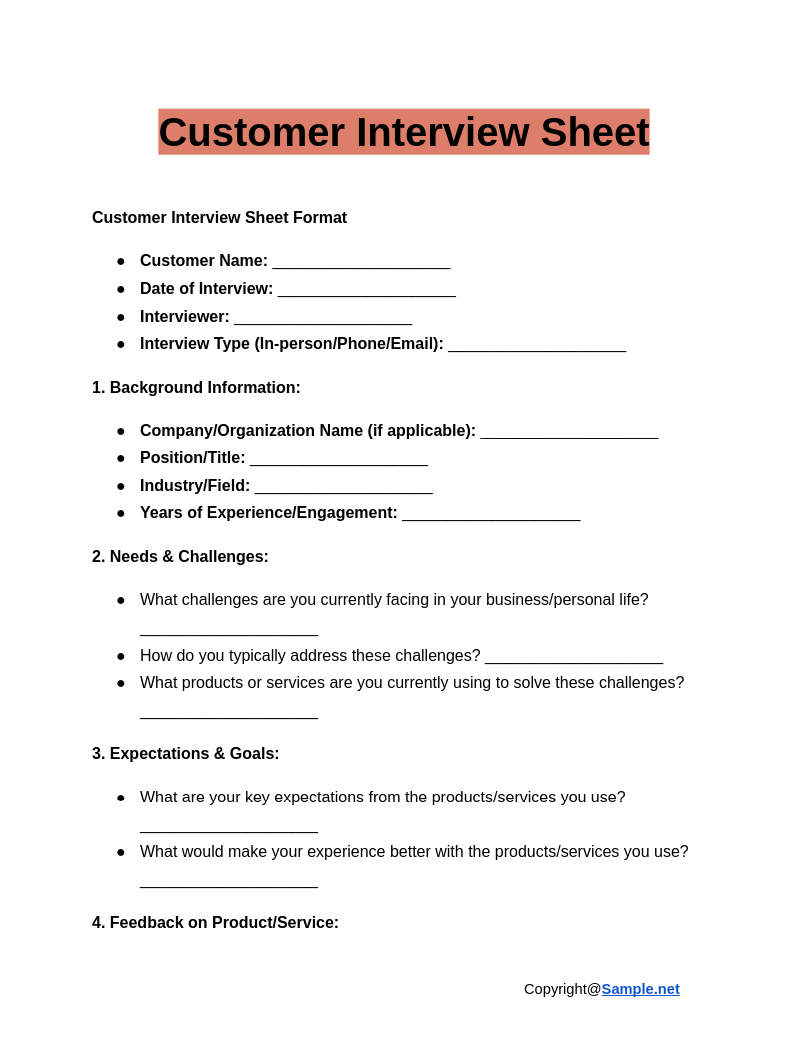
Customer Interview Sheet
download now -
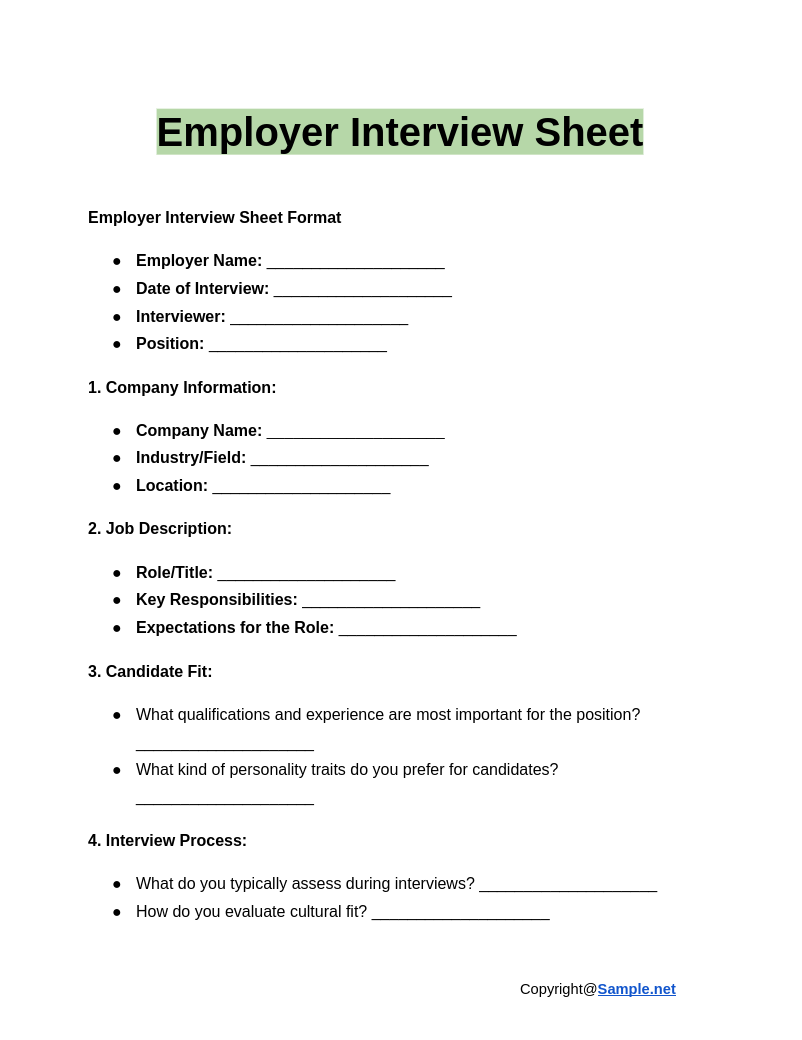
Employer Interview Sheet
download now -
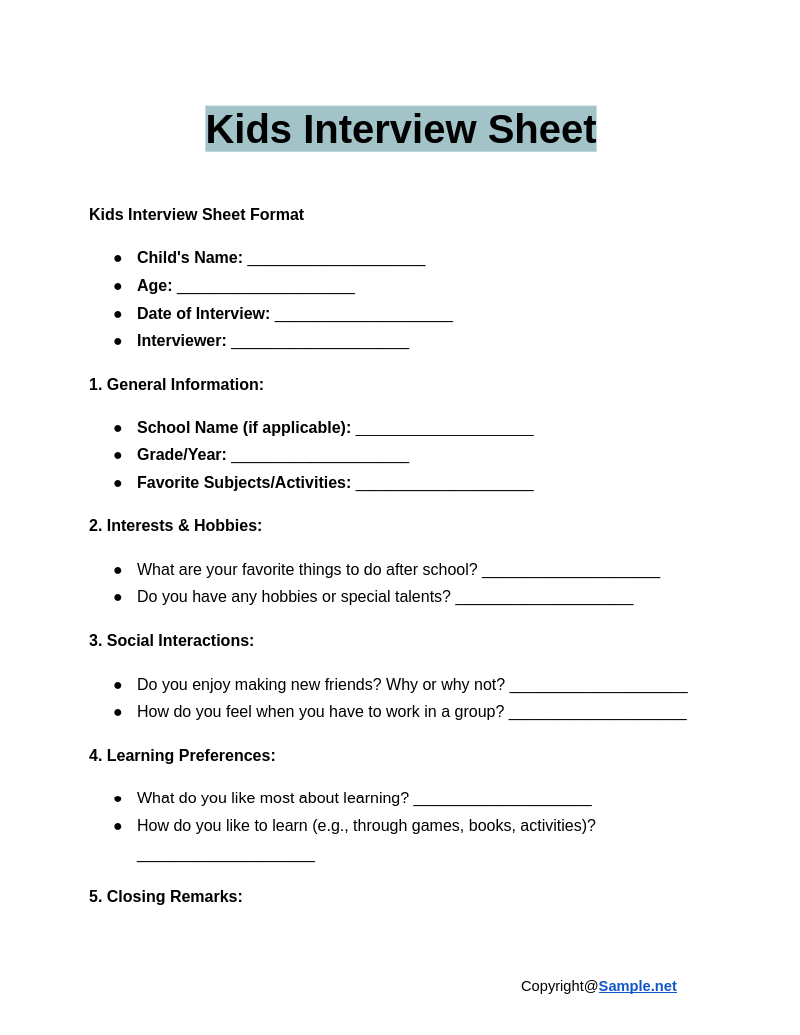
Kids Interview Sheet
download now -
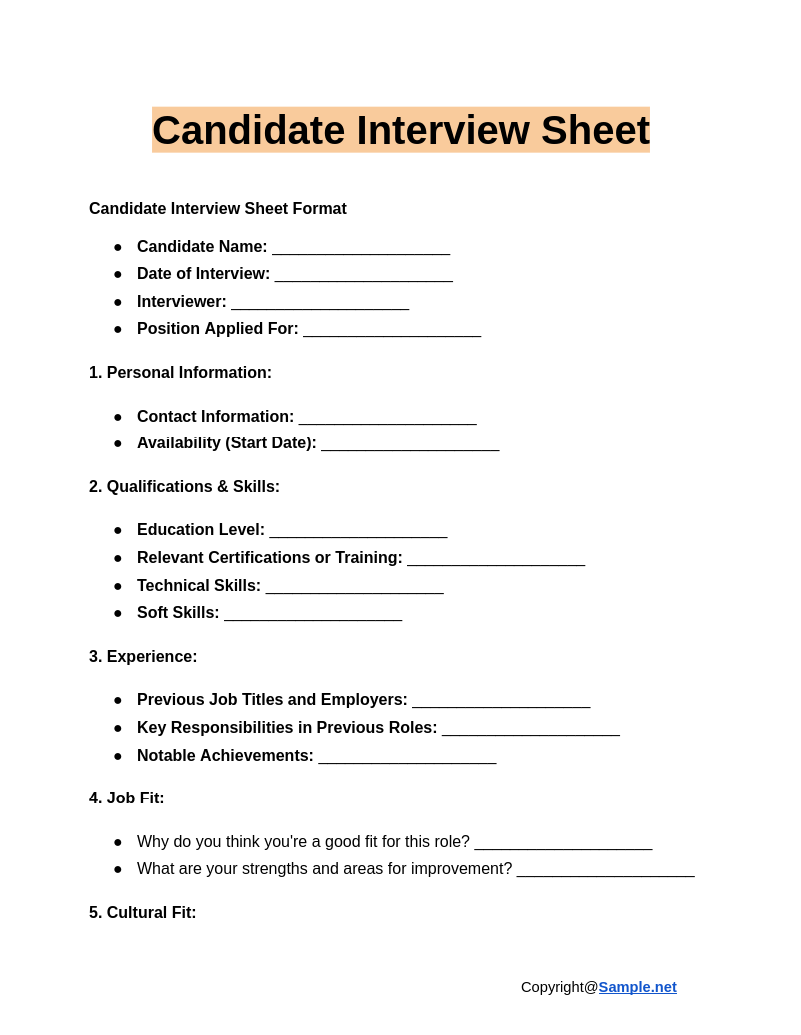
Candidate Interview Sheet
download now -
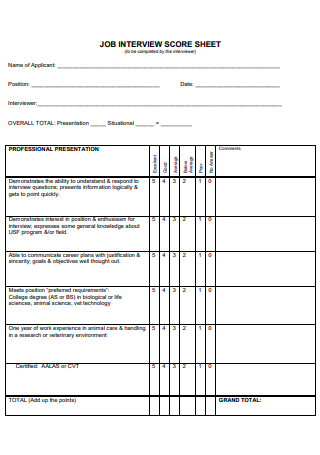
Job Interview Score Sheet
download now -
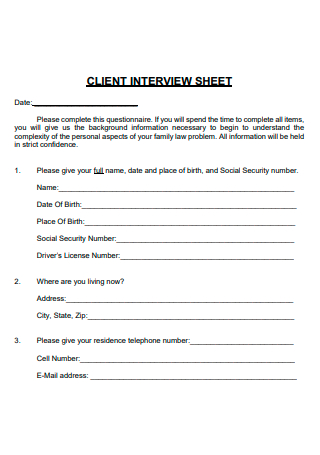
Client Interview Sheet
download now -
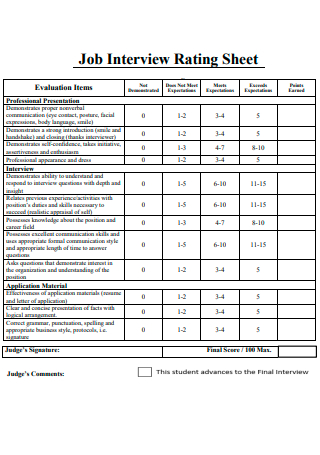
Job Interview Rating Sheet
download now -
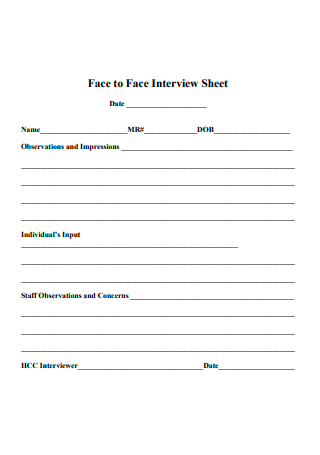
Face to Face Interview Sheet
download now -
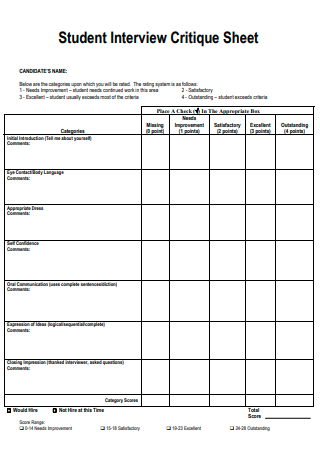
Student Interview Sheet
download now -
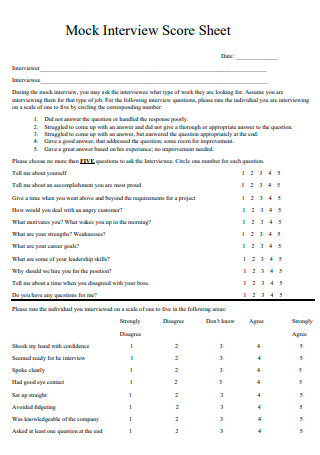
Mock Interview Score Sheet
download now -
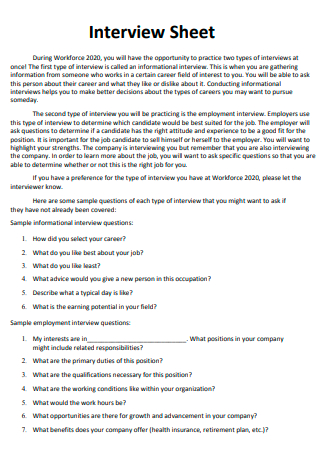
Interview Sheet in PDF
download now -
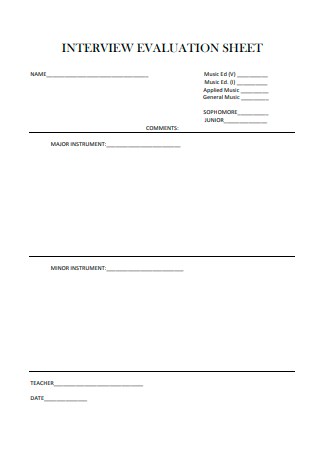
Interview Evaluation Sheet
download now -
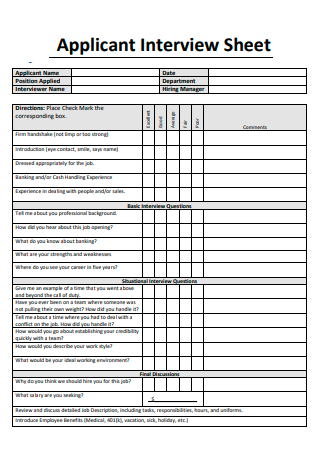
Applicant Interview Sheet
download now -
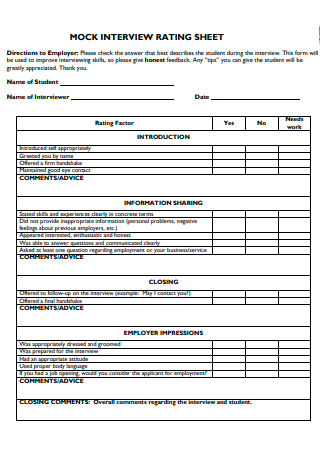
Mock Interview Rating Sheet
download now -
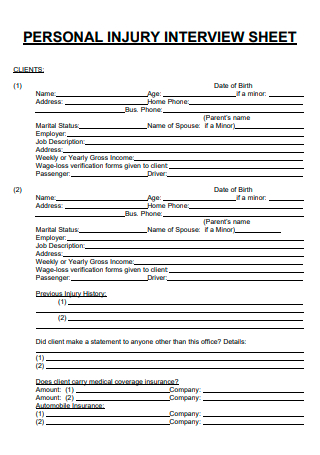
Personal Injury Interview Sheet
download now -
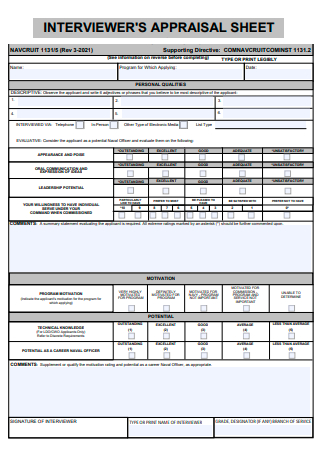
Interviewers Appraisal Sheet
download now -
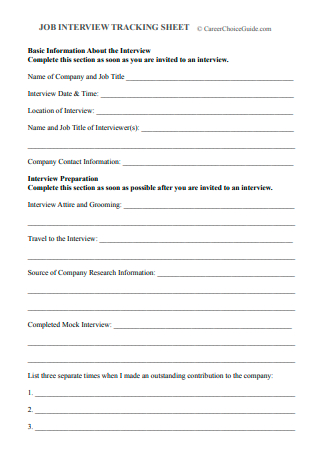
Job Interview Tracking Sheet
download now -
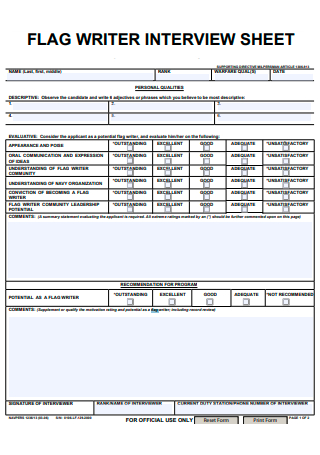
Flag Writer Interview Sheet
download now -
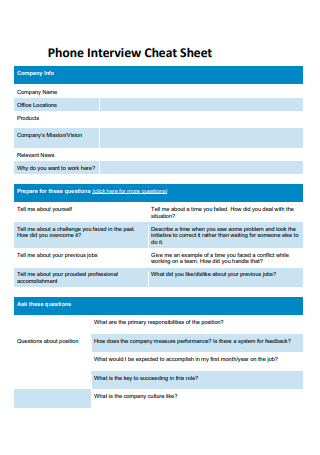
Phone Interview Cheat Sheet
download now -
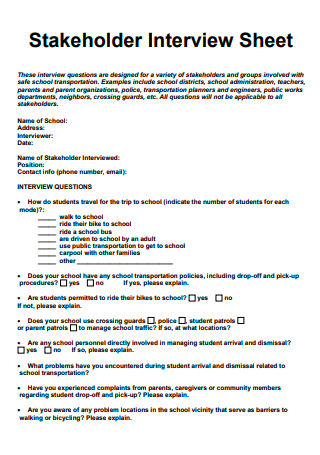
Stakeholder Interview Sheet
download now -
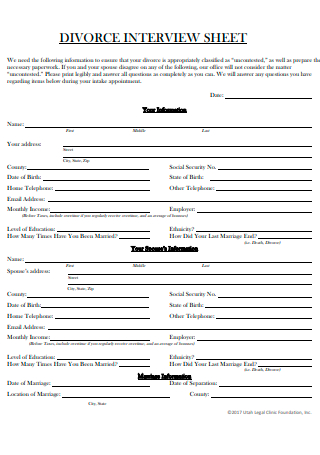
Divorce Interview Sheet
download now -
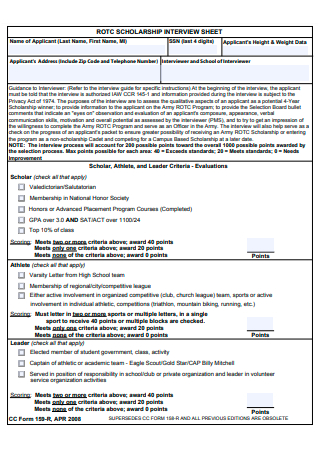
Scholarship Interview Sheet
download now -
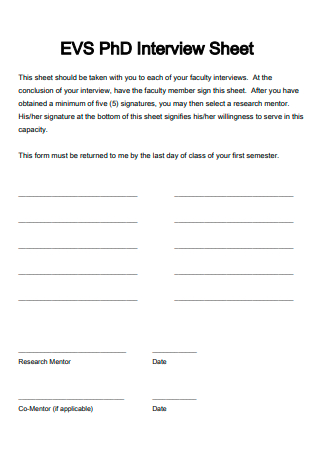
Interview Sheet Example
download now -
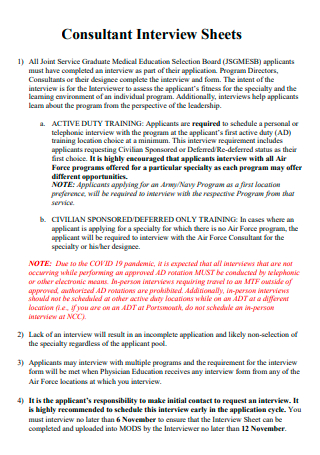
Consultant Interview Sheet
download now -
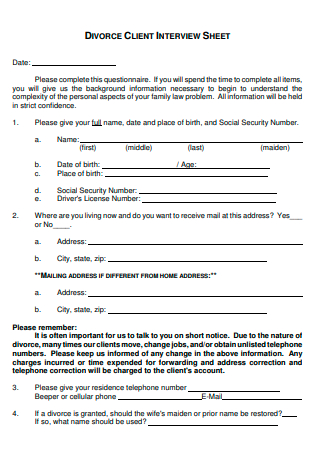
Divorce Client Interview Sheet
download now -
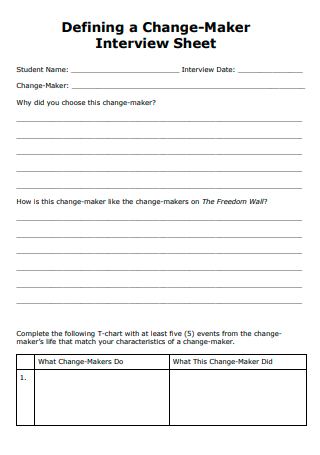
Simple Interview Sheet
download now -
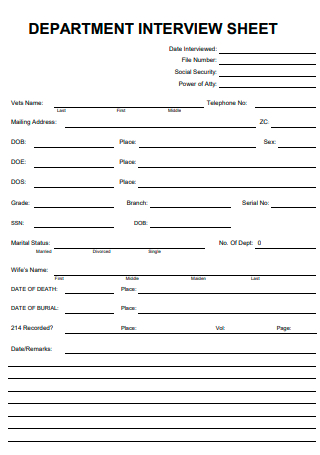
Department Interview Sheet
download now -
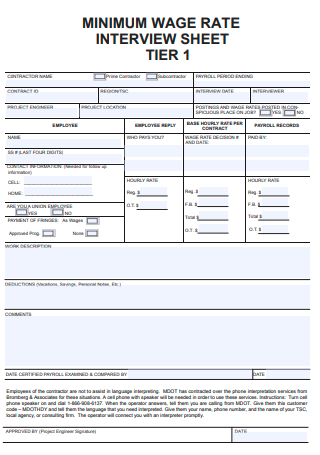
Minimum Wage Rate Interview Sheet
download now -
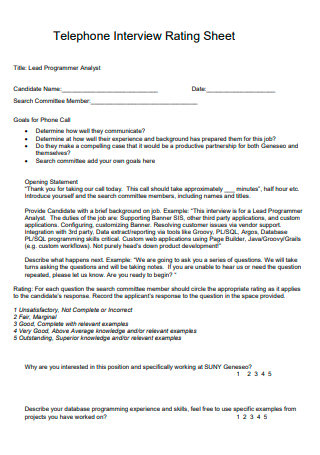
Telephone Interview Rating Sheet
download now -
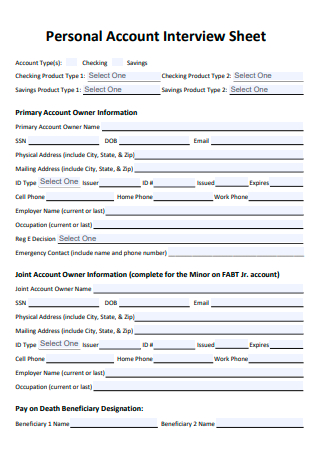
Personal Account Interview Sheet
download now -
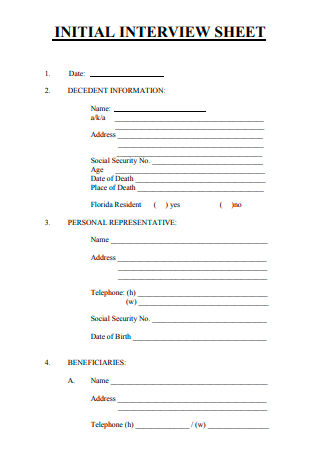
Initial Interview Sheet
download now -
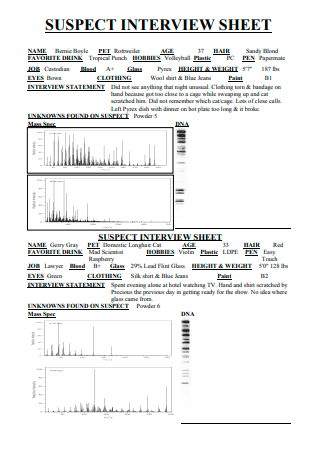
Suspect Interview Sheet
download now -
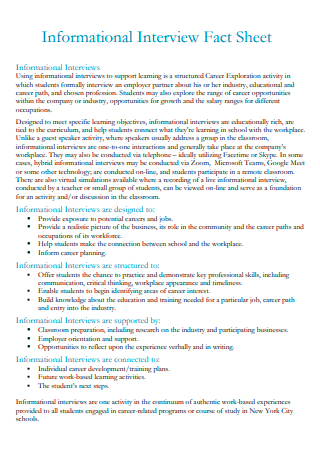
Informational Interview Fact Sheet
download now -
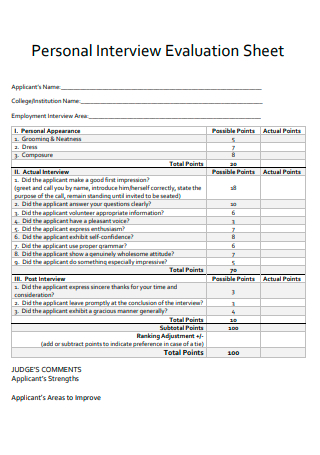
Personal Interview Evaluation Sheet
download now -
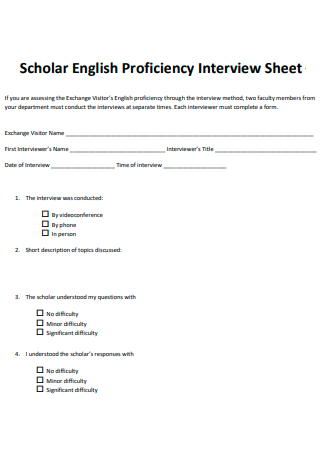
Scholar English Proficiency Interview Sheet
download now -
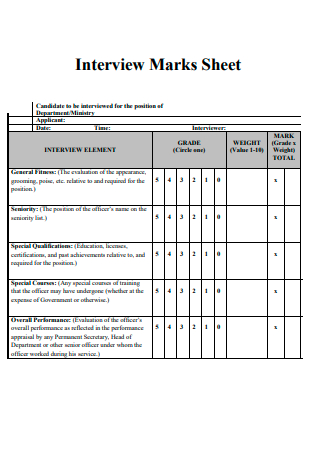
Interview Marks Sheet
download now -
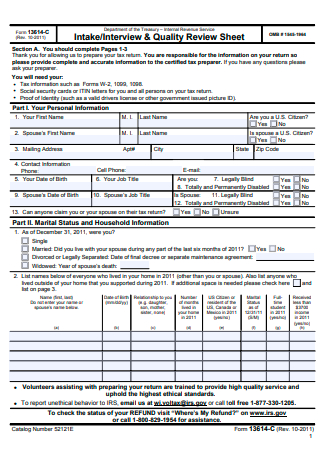
Interview and Quality Review Sheet
download now -
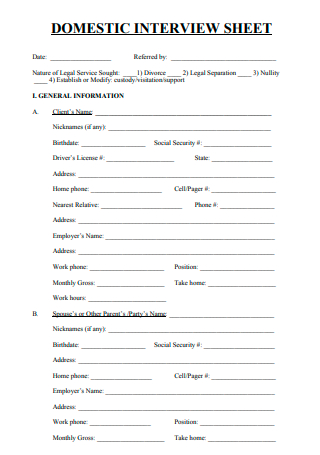
Domestic Interview Sheet
download now -
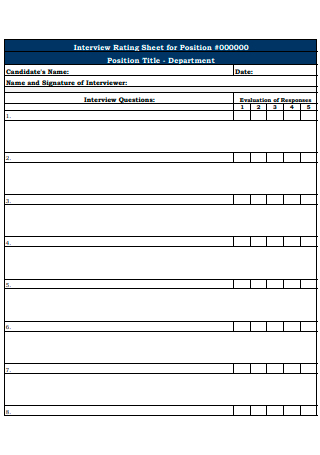
Interview Rating Sheet For Position
download now -
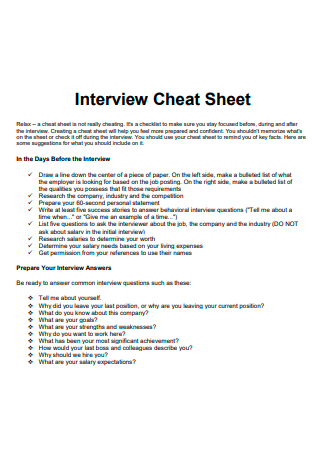
Interview Cheat Sheet
download now -
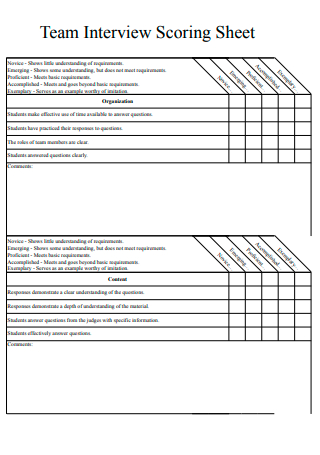
Team Interview Scoring Sheet
download now -
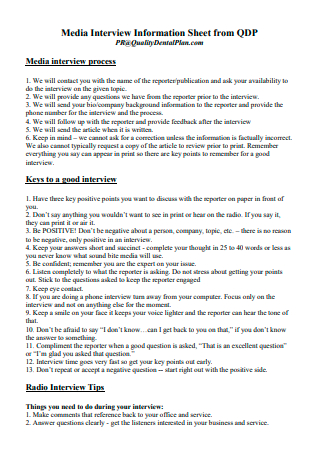
Media Interview Information Sheet
download now -
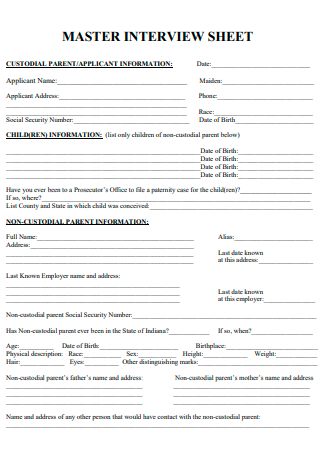
Master Interview Sheet
download now -
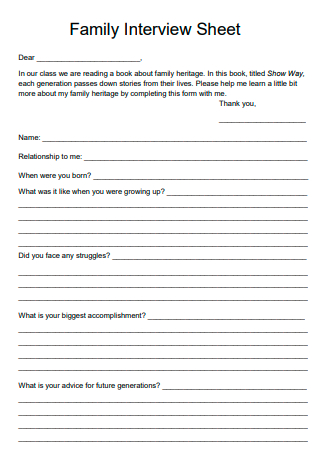
Family Interview Sheet
download now -
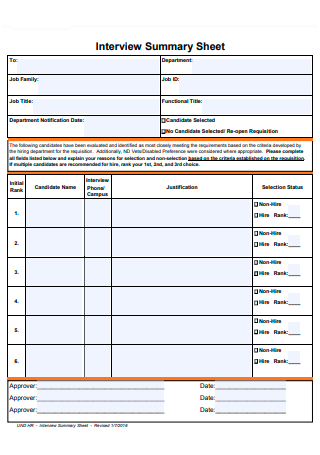
Interview Summary Sheet
download now -
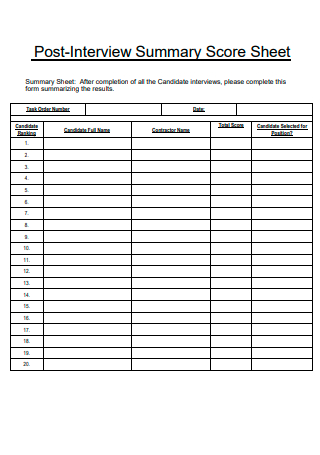
Post Interview Summary Score Sheet
download now -
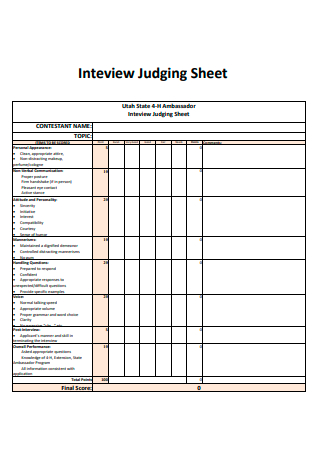
Inteview Judging Sheet
download now -
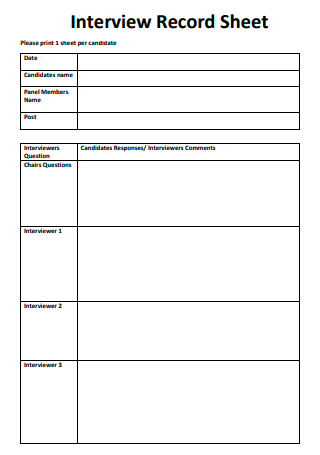
Interview Record Sheet
download now -
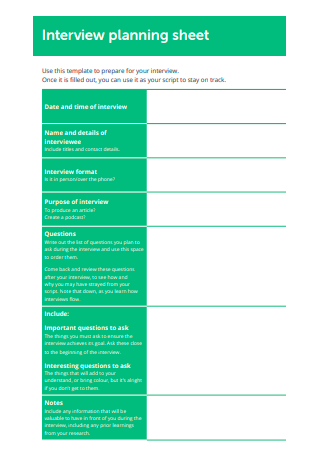
Interview Planning Sheet
download now -
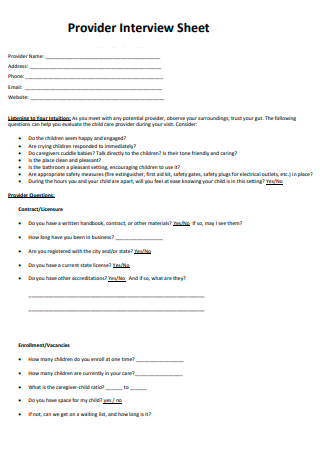
Provider Interview Sheet
download now -
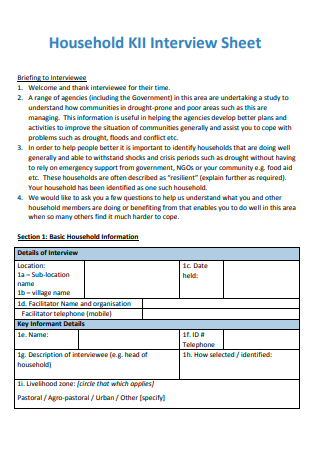
Household Interview Sheet
download now -
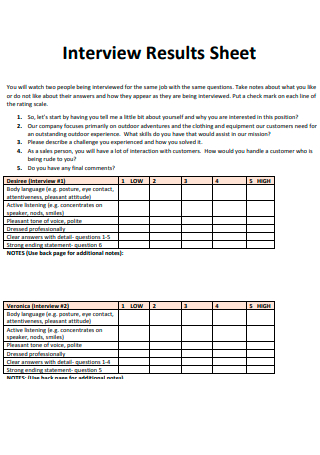
Interview Results Sheet
download now -
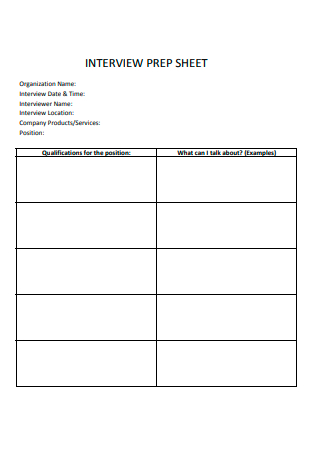
Basic Interview Sheet
download now -
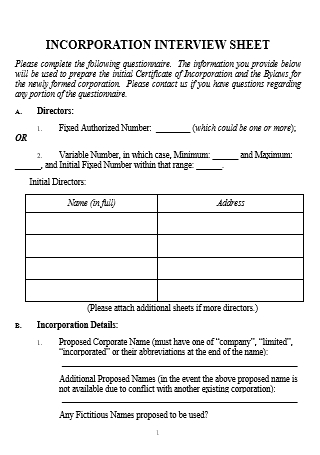
Incorporation Interview Sheet
download now -
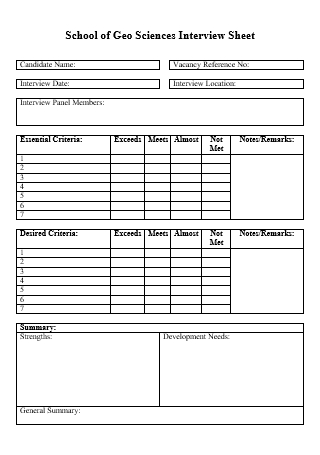
School of Geo Sciences Interview Sheet
download now
FREE Interview Sheet s to Download
Interview Sheet Samples
What is an interview sheet?
Key Elements of an Interview Planning Sheet
How to Create a Interview Sheet?
FAQS
What are a few interview guidelines?
What are the types of interview questions?
Is an interview sheet required?
How does an Interview Sheet help in decision-making?
How should interviewers use the Interview Sheet during the interview?
How should I handle negative feedback on an Interview Sheet?
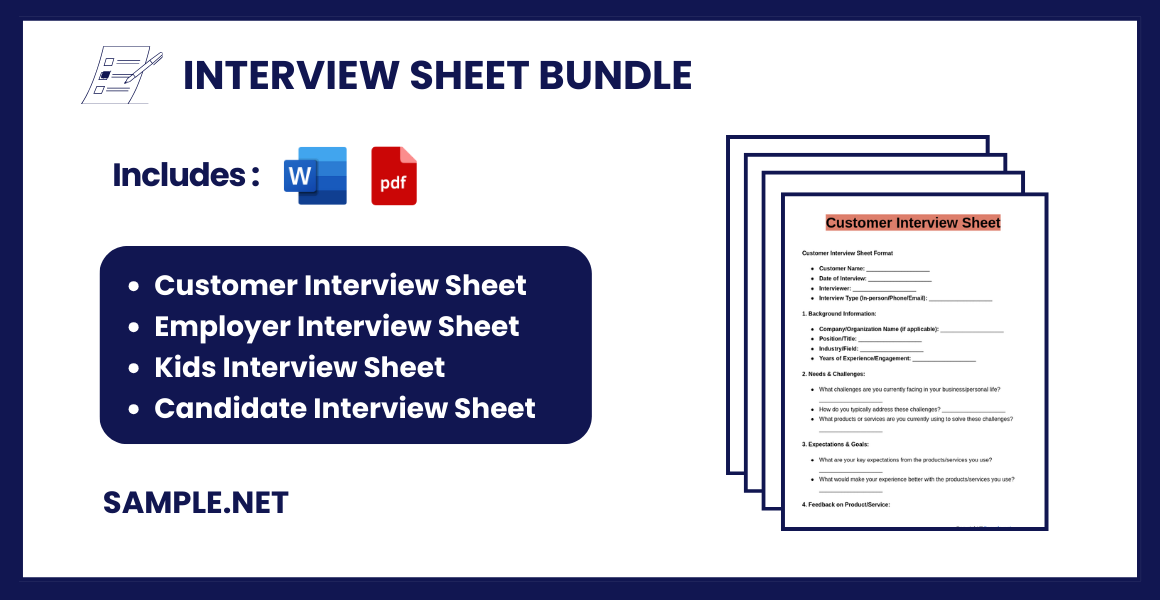
Download Interview Sheet Bundle
What is an interview sheet?
There are many kinds of interviews, depending on the kind of establishment or institution holding the interview. But generally, an interview sheet is a kind of document that interviewers have when interrogating someone. An interview sheet serves as a guide for the interviewer in order for him or her to certainly follow the recommended procedure, as well as to avoid missing out points that are necessary in the exchange. This is also where they are able to write comments, observations, and even score the interviewee regarding his or her answers, eventually leading to the decision of whether or not the interviewee passes. You can also see more on Evaluation Sheet.
Key Elements of an Interview Planning Sheet
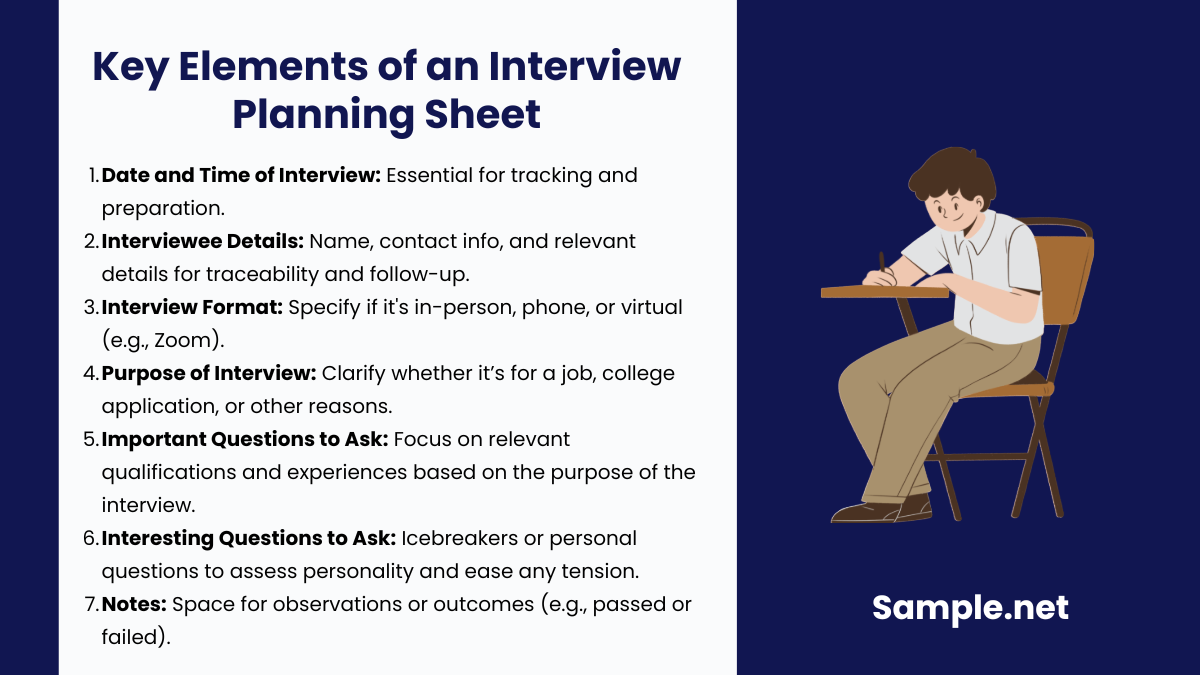
One type of interview sheet is the interview planning sheet, wherein the encounter has not happened yet, and the interviewer has to come up with certain ideas or points of information to bring up during the actual exchange of both parties. An interview planning sheet is important since it allows the interviewer to further personalize questions and other details that tailor-fit the kind of interviewee he or she is going to have. Most if not all interviews are scheduled and are made through appointments, which means that the interviewer has the time to perhaps go over the interviewee’s application form or curriculum vitae, and formulate queries that can give the latter the chance to elaborate on the things written in their passed document. An interview planning sheet is a preemptive take on the interview, and enables both parties to have a better experience.
How to Create a Interview Sheet?
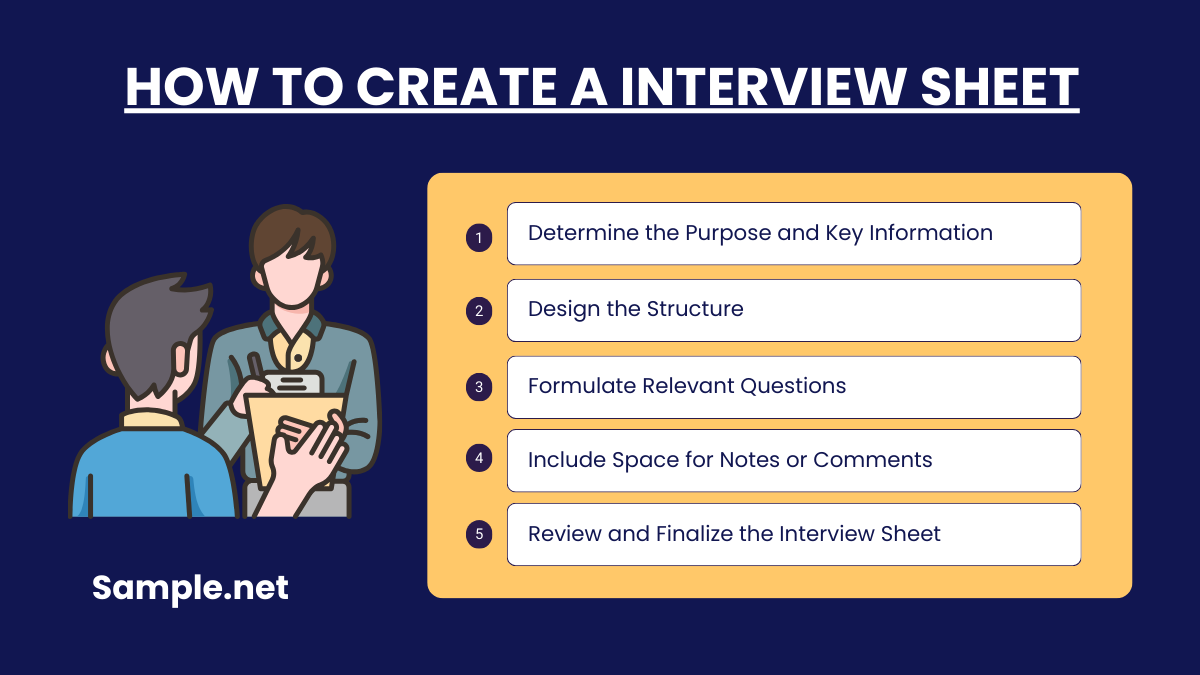
1. Determine the Purpose and Key Information
The first step in creating an interview sheet is to clearly define the purpose of the interview. Decide on the type of interview it will be, whether for a job, research, or any other purpose. Identify what information you need to gather from the interviewee, such as personal details, qualifications, skills, or specific knowledge. Make sure to outline the key objectives and goals you aim to achieve through the interview to ensure the questions and structure align with these aims. You can also see more on Interview Analysis Report.
2. Design the Structure
Once you have a clear understanding of the purpose, the next step is to structure the interview sheet. Create sections that will help organize the interview, such as an introduction, personal information, questions, and a section for notes or feedback. The introduction section should briefly explain the purpose of the interview, while the personal information section gathers basic details like the candidate’s name, contact information, and other relevant data. The questions section will have the main queries you intend to ask.
3. Formulate Relevant Questions
Craft questions that are aligned with the interview’s objectives and the information you want to gather. Make sure that the questions are open-ended to encourage detailed responses, as this will provide more valuable insights. If you are conducting a job interview, focus on both technical skills and behavioral aspects. For research interviews, tailor the questions to gather the necessary data, whether qualitative or quantitative. Ensure the questions flow logically, covering all relevant topics without redundancy.
4. Include Space for Notes or Comments
It’s essential to provide enough space for the interviewer to jot down observations or feedback during the interview. This could be a separate section dedicated to notes or lines next to each question where notes can be written. The ability to record impressions, additional comments, or follow-up questions will help capture a complete picture of the interview and allow for easy reference later. You can also see more on Job Interview Meeting Minutes.
5. Review and Finalize the Interview Sheet
After drafting the interview sheet, review it for clarity, completeness, and appropriateness. Ensure that the questions are easy to understand and that the structure is logical. You may want to have someone else review the sheet to ensure it covers all relevant points and that there are no gaps. Once satisfied, finalize the interview sheet, whether in a physical or digital format, so it’s ready for use during the interview process.
FAQS
What are a few interview guidelines?
Some interviews may have specific rules such as a dress code, or perhaps documents and other materials to bring. But generally, a few interview guidelines by virtue of precedence are the practice of good non-verbal communication, for instance, and not using the appropriate language.
What are the types of interview questions?
There are different types of interview questions. The first one is the open-ended question which is one that is not only answerable by yes or no, meaning that the interviewee has to elaborate on their answer. This may come in the form of questions regarding their skills, past experiences, and educational background. The second one is the situational question, wherein the interviewer makes up a scenario and the interviewee has to say what they are going to do in order to solve the problem. This question is used to gauge the critical thinking of the candidate, and the extent of their knowledge regarding their desired position. The last one is the behavioral question, which mainly concerns the personality of the interviewee. You can also see more on Exit Interview.
Is an interview sheet required?
Yes. The interview sheet serves as the establishment’s official record of the interview, and is where the interviewee’s answers are reflected on.
How does an Interview Sheet help in decision-making?
The sheet helps interviewers document the candidate’s performance and feedback systematically. It provides an objective reference when comparing candidates and making hiring decisions.
How should interviewers use the Interview Sheet during the interview?
Interviewers should use the sheet to stay focused, ask relevant questions, and record observations during the interview. It’s important to ensure consistency in how questions are asked to all candidates. You can also see more on Interview Questions and Answers.
How should I handle negative feedback on an Interview Sheet?
Negative feedback should be documented clearly but respectfully. It’s important to ensure that the feedback is constructive and based on objective observations. It can be used for improving future interviews or decisions.
